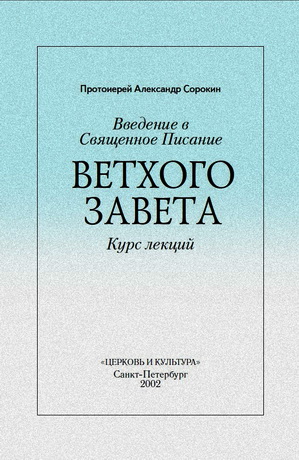
Crockett - Four views on hell
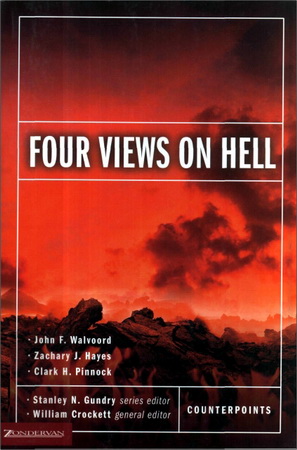
Probably the most disturbing concept in Christian tradition is the prospect that one day vast numbers of people will be consigned to hell. Almost everyone has friends or family members - people we dearly love - who are outside the faith and who, if they die in this condition, will be cast away from the presence of God. So disturbing is the idea of hell that most pastors and church members simply ignore the doctrine of final retribution, preferring to talk in vague terms about a separation of the wicked from the righteous.
But what is hell? A literal place of flame and smoke? A banishment from God? Annihilation? Is there such a place as purgatory where people are readied for the presence of God? In this book four professors describe in nontechnical language what they think the final judgment will be like, and then at the end of each chapter, they evaluate the opinions of their colleagues.
Those who have always wondered about the nature of hell will find the differing perspectives interesting and informative. Although the authors differ sharply on some points, they do so in a congenial spirit, with hope that the arguments in this book will help readers to form their own opinions. Above all, the authors agree that God is not pleased with disobedience and has appointed a day to judge the peoples of the world. Revelation 20:12 reminds us of that grave and solemn occasion with these words: "And I saw the dead, great and small, standing before the throne, and books were opened."
William Crockett – Four views on hell
Zondervan,' Grand Rapids, Michigan 49530
ISBN 0-310-21268-5
William Crockett – Four views on hell – Content
1. The literal view - John F. Walvoord
2. The metaphorical view - William V. Crockett
3. The purgatorial view - Zachary J. Hayes
4. The conditional view - Clark H. Pinnock
William Crockett – Four views on hell – Problems in the concept of eternal punishment
Most Christians have natural problems with the concept of eternal punishment. In their study of Scripture they have been instructed from the pulpit on a loving Savior who died on the cross for our sins, rose again, and provides grace and forgiveness for all who put their trust in him. Many Christians will hear hundreds of sermons on this theme in their lifetime. On the contrary, they will probably never hear a sermon on hell, though they may hear some allusions to it from time to time. Almost immediately problems arise. What about those who live and die without ever hearing the gospel? Are they doomed to eternal punishment? Is a religious Jew or a religious Muslim who carefully follows his religion doomed to eternal punishment? How can one harmonize the concept of a loving, gracious God with a God who is righteous and unforgiving? These are very real problems that naturally call for solution.
The concept of hell as eternal punishment has long been caricatured as a relic of the Dark Ages. For many, the proper doctrine is that of a loving God who will not demand everlasting retribution. Frequently the subject is approached critically, and there is an obvious unwillingness to deal directly with the biblical evidence. In fact, some openly say that if the Bible teaches eternal punishment, they do not believe it even though it is in the Bible.
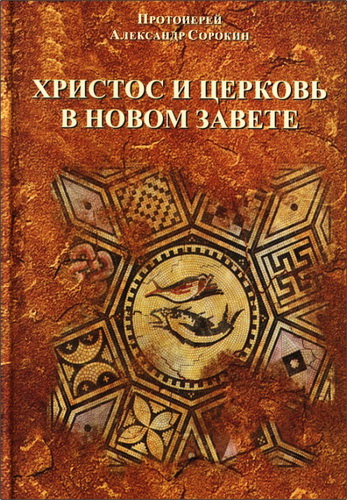
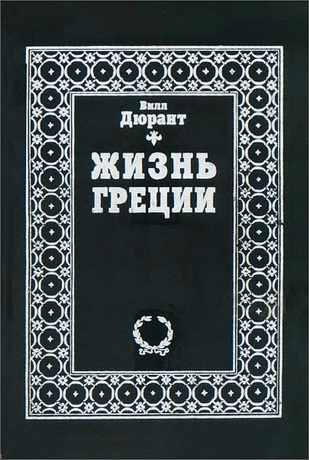

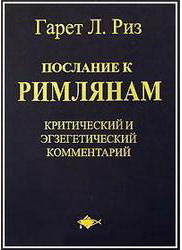
Комментарии
Пока нет комментариев. Будьте первым!